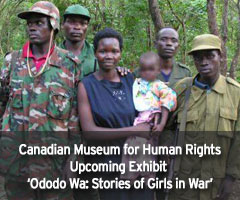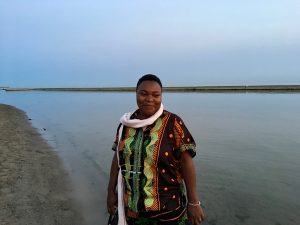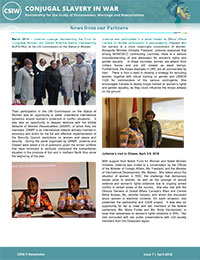By Annie Bunting
The Extraordinary Chambers in the Courts of Cambodia (ECCC) released its much anticipated decision in the trial of two Khmer Rouge commanders, Nuon Chea and Khieu Samphan, on November 16, 2018 – case 002/02. While the ECCC only released a summary of their judgement– 33 pages – in advance of the full decision, it includes its historic verdict and reasoning. First, the Court found the two accused guilty of genocide against the Cham and Vietnamese during the Democratic Kampuchea period (para 26). Second, the ECCC found the accused guilty of the crime against humanity of other inhumane acts of forced marriage and rape in forced marriage.
Nuon Chea and Khieu Samphan were found responsible for a nationwide policy of forcing both men and women in to marriage and forcing them to procreate as part of the Khmer Rouge strategy of population growth (para 39). Civil parties lawyers represented many victims of forced marriage under the Khmer Rouge before the ECCC. CSiW submitted an amicus brief on the legal classification of practices of forced marriage based on legal precedent and on the qualitative research conducted by Partners.
This is a new development in international criminal law and important to our Partnership. The ECCC took a position consistent with what we argued in the CSiW amicus, namely that the international law applied to the acts in the 1970s, and that the accused ought to have known it was contrary to international law. Further, the ECCC rejected the argument that this policy was akin to arranged marriages in peace time; rather, in “replacing the role of parents” and family, the oppressive state regime was guilty of a crime against humanity. This was also an argument we made in the CSiW amicus brief. When released, the full decision will be found on the ECCC website. For a short gender commentary by Rosemary Grey, see her blog post.






